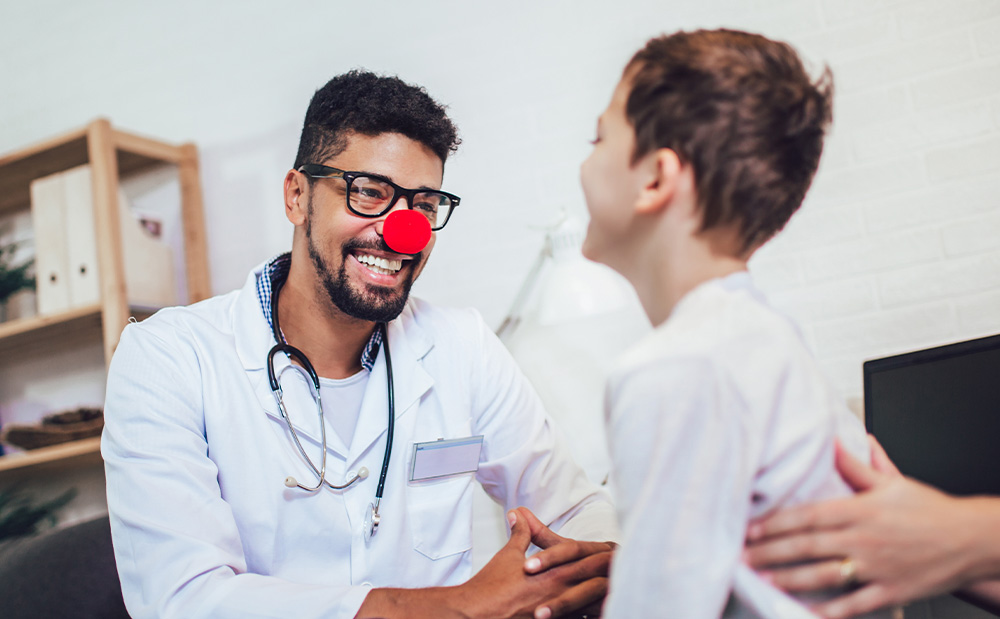
When kids are stuck in the hospital, anything that can distract them and their families from the reality of the situation is a welcome relief. Medical clowns might seem like a scary option for adults who have seen one too many horror flicks, but they are actually professionals who use humor and playfulness to alleviate the fear and anxiety that often accompany a hospital stay.
A recent study published in Nature explores the impact of medical clowns on hospitalized children’s psychological wellbeing and sleep (1). Good sleep is a necessary part of the healing process, boosting immunity and overall health recovery. However, children in hospitals often struggle with sleep issues due to stress, the unfamiliar hospital environment with all its noise, strangeness, and interruptions, and, of course, their illnesses.
The Role of Medical Clowns in Pediatric Care
Medical clowns have been shown to effectively reduce stress and anxiety in children, making their experience before and during medical procedures more positive. Dr. Caroline Danda, a licensed Psychologist specializing in cognitive behavioral therapy (CBT) for children and adolescents serving the Greater Kansas City area, says that humor has a unique way of healing, making the unbearable bearable. In a medical environment, she says, humor can transform the atmosphere and how the child experiences it.
Medical clowns are integral members of the healthcare team who use humor and playfulness to create a positive and supportive environment for kids. “Laughing and smiling can trick your brain into happiness because a smile spurs a powerful chemical reaction in the brain that can make you feel happier [and] helps relax the muscles in your body,” says Ana Vega, a Yale-certified mindful parenting expert.
A study from the University of Michigan and the University of Pittsburgh shows that even if a child isn’t crying, frowning, or displaying other negative emotions, if they show fewer positive displays, like hugging a parent or smiling and laughing, they might be at risk for depression (2).
“The mere act of smiling can lift your mood, lower stress, boost your immune system, and possibly even prolong your life,” says Vega. Depression weakens your immune system, while happiness, on the other hand, has been shown to boost resilience, she adds.
Medical clowns help manage the psychological state of children in hospitals where fear and anxiety are commonly felt. The unfamiliar environment, coupled with the prospect of painful procedures, can overwhelm little ones and disrupt precious sleep. Clowns distract, engage, and ease the fear and anxiety of kids facing these challenging situations.
Study Findings on Medical Clowns and Sleep
The study shows the positive impact of medical clowns in pediatric care. Conducted at the Department of Pediatrics in Carmel Medical Center, it included 42 hospitalized children between 2 and 17, divided equally into an intervention group and a control group. The intervention group visited with a medical clown for 15-30 minutes before bedtime, while the control group did not.
The results showed that kids the clown visited before bed had a delayed wake-up time, longer night duration, and increased sleep efficiency compared to the control group. On the night of the clown intervention, their total sleep time had an average increase of 70 minutes and had less total wake time during the night. The most impactful finding of the study was that kids who got the clown visit had significantly shorter hospital stays, with an average reduction of almost an entire day.
This research points to medical clowns as a fun and effective option for kids in these difficult circumstances, helping reduce stress and improve mood. “Laughter also has direct physiological responses on reducing pain and cortisol, a stress hormone that can increase inflammation in a negative way,” explains Danda. She adds that if humor decreases stress and can decrease pain, then the body is likely to be more settled for sleep.
Clowns, regardless of how disturbing adults may find them, can positively impact sleep, according to this study. This is particularly remarkable given the crucial role of quality sleep in aiding recovery from injury and illness and maintaining optimal immune system functioning.
Other Stress-Relieving Options for Improving Hospital Sleep
Although medical clowns can have a positive effect, it’s important to recognize whether they are a fit for each patient. Danda points out that developmentally, some younger children may not like or be afraid of mascots and other dress-up characters like clowns.
Clowns aren’t the only way to infuse humor and positive mood into the medical setting, especially if you or your kid are frightened by them. “The simple act of smiling, engaging in conversation with a patient about their interests outside of medical interest, and having jokes or puns can also influence the mood and environment positively,” says Danda.
Vega agrees, saying a smile is something easy to pass on, that much like yawning, smiling is contagious and not only relieves stress but fosters empathy and happiness. And when you’re happy, you tend to sleep better.
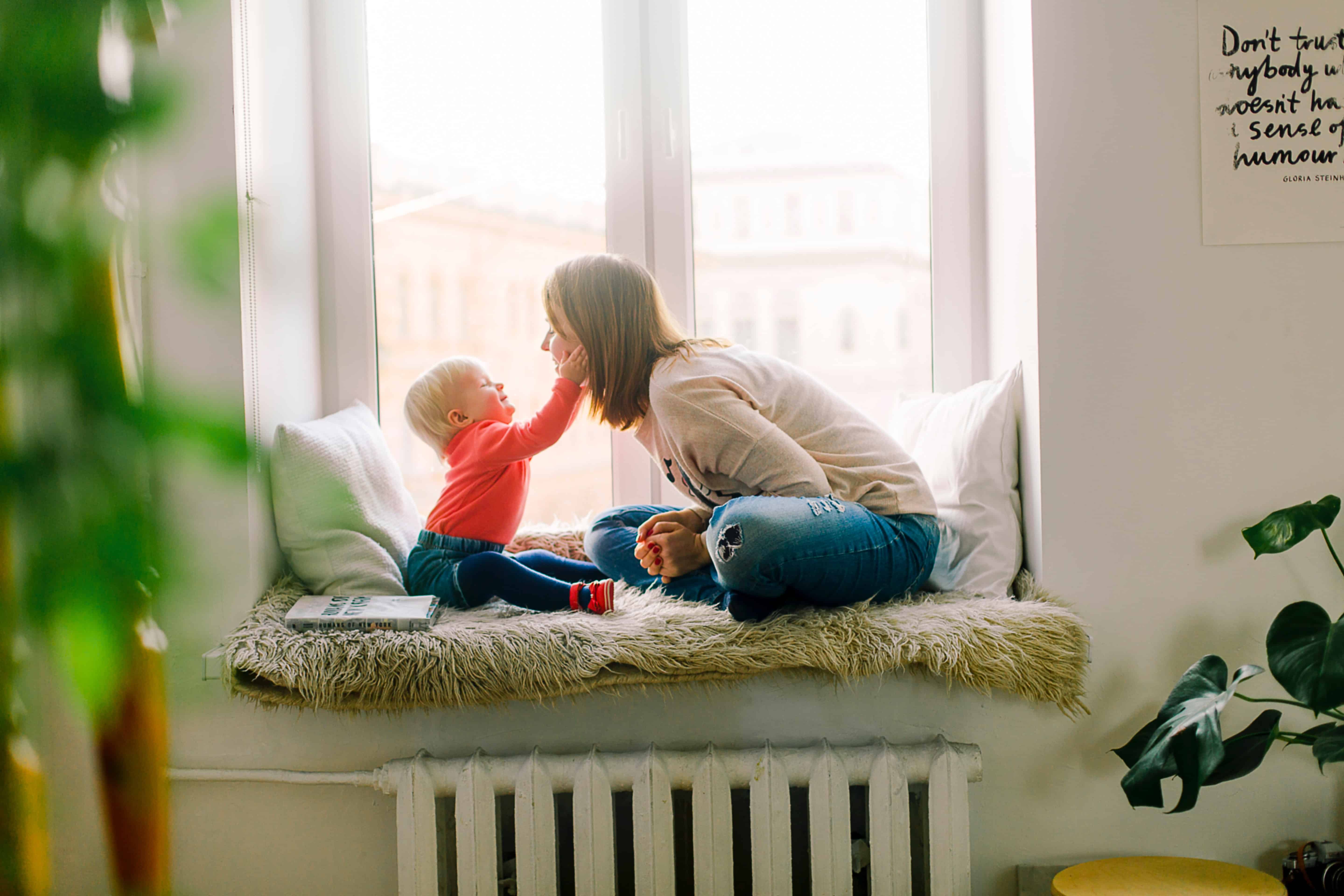
Introducing the Postpartum Hotel: Where Parents Get More Sleep and Nutrition — With One Catch
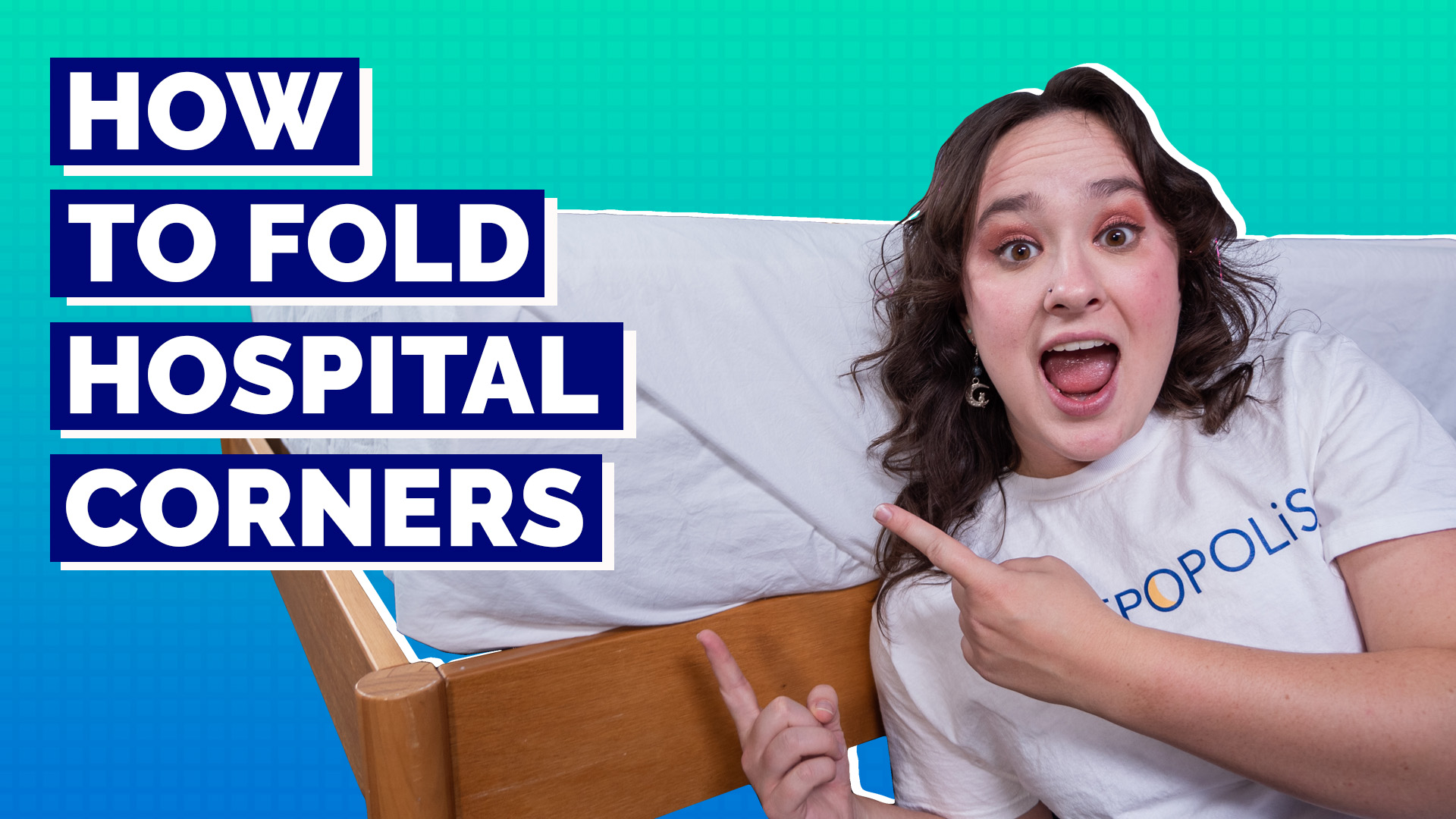
How to Fold Hospital Corners
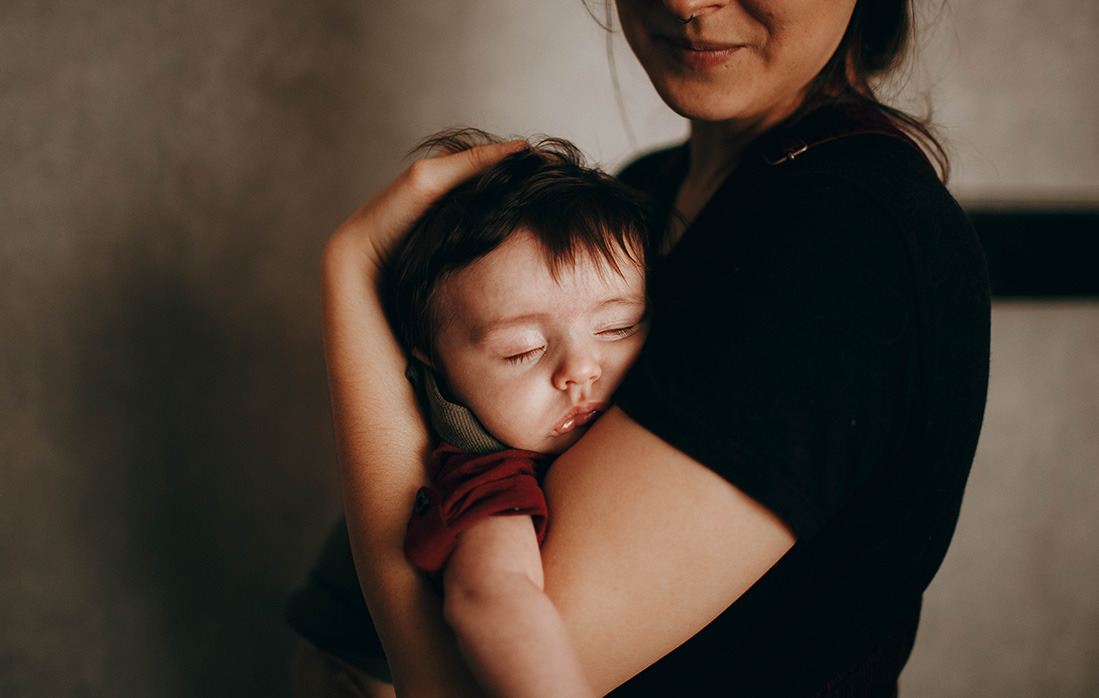
A Comprehensive Guide To Babies And Sleep
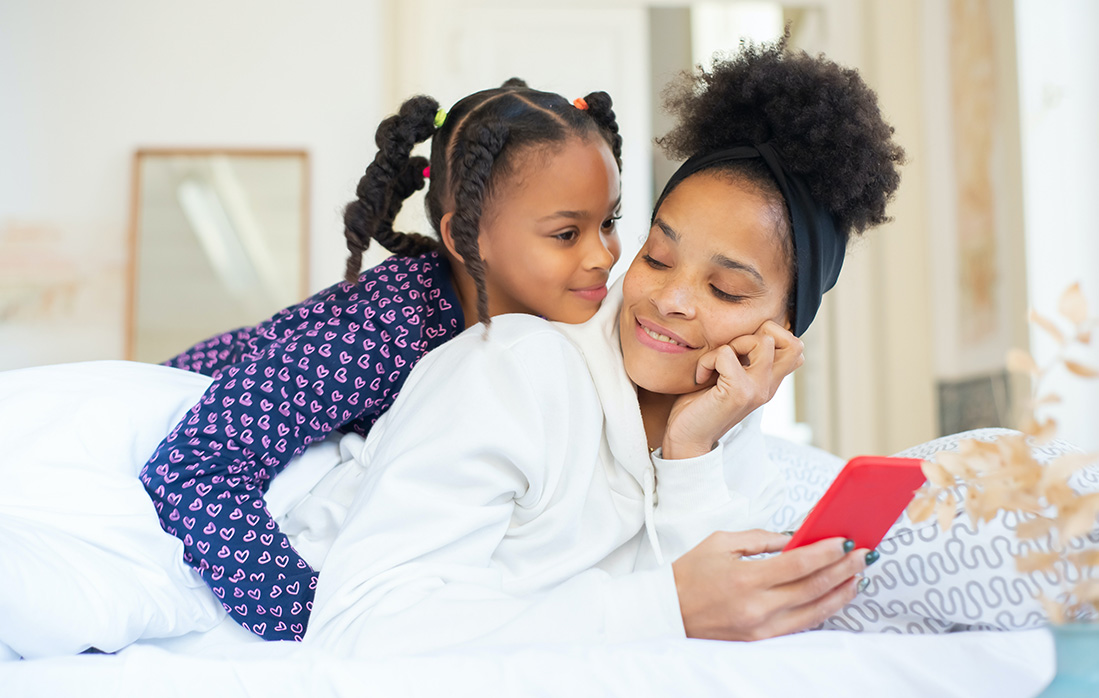
13 Sleep Tips for Kids From Parents Who Have Been There
Sources
1. Shimshi-Barash, M., Orlin, I., Jacob, T. et al. Medical clowns improve sleep and shorten hospitalization duration in hospitalized children. Sci Rep 14, 2357 (2024). https://doi.org/10.1038/s41598-024-52943-2
2. Michigan News; “Children who seldom smile, laugh or hug a parent might be at risk for depression,” University of Michigan; https://news.umich.edu/children-who-seldom-smile-laugh-or-hug-a-parent-might-be-at-risk-for-depression/; July 7, 2011.
Danda, Caroline. Author interview. January 2024.
Vega, Ana. Author interview. January 2024.
